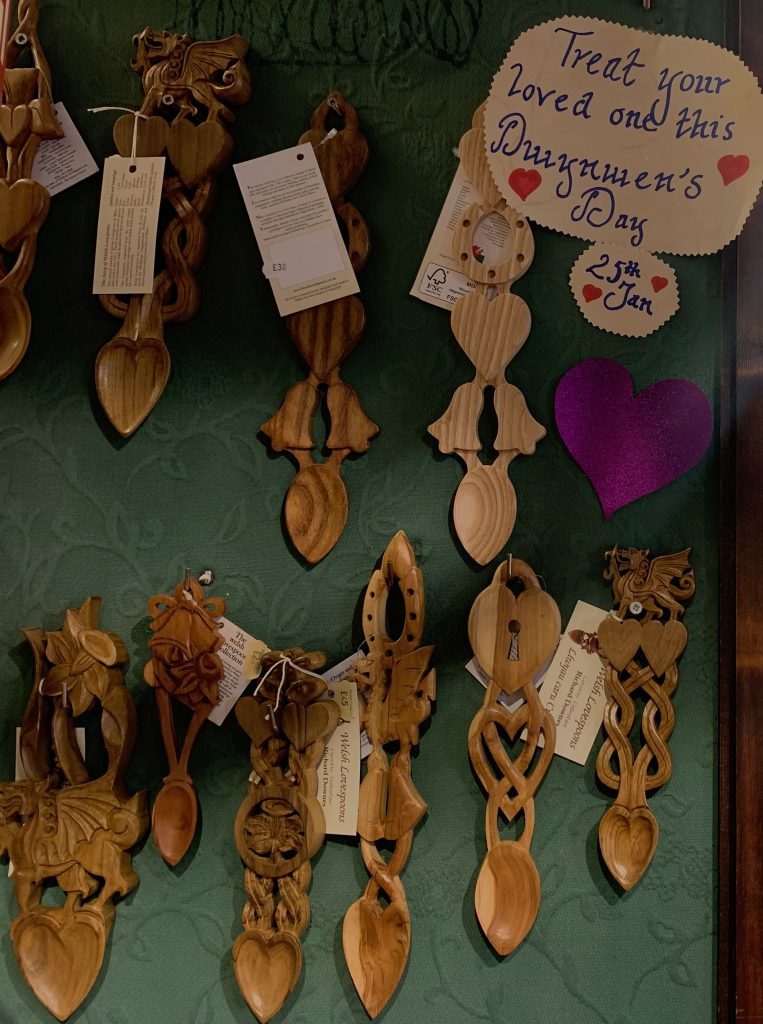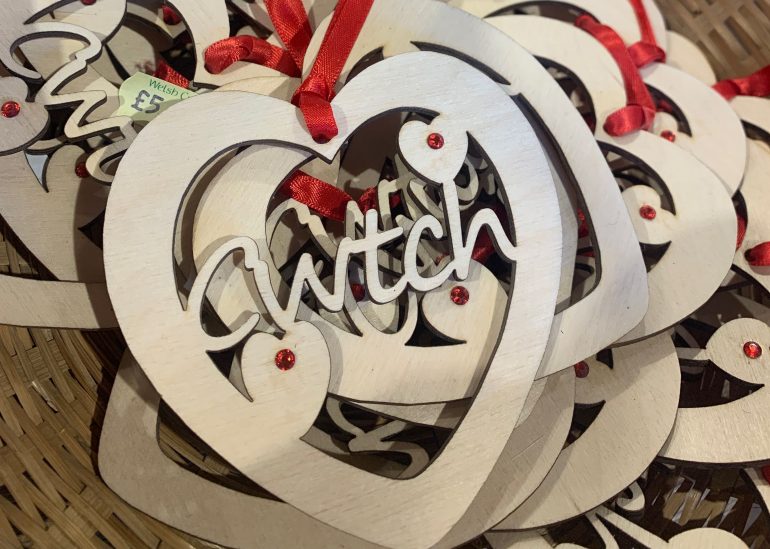Move over Valentine’s Day, January 25th is the Welsh day of love
SAINT Dwynwen’s Day is the Welsh equivalent to Valentine’s Day and is celebrated every year on January 25.
But do you know the story behind the day?
Don’t worry, love, we’ve got you covered.
Who was St Dwynwen?
Saint Dwynwen was a fourth-century Welsh princess who once lived in the Brecon Beacons. The princess was one of King Brychan Brycheiniog’s 24 daughters.
Her father, the King, had arranged for her to marry a Prince but Dwynwen had fallen in love with a local man called Maelon Dafordrill.
The heartbroken princess begged God to ease her pain by making her forget about Maelon.
Dwynwen was later visited by an angel in her sleep who offered her a potion that would erase her memory of Maelon and turn him into ice.
God then granted the Princess three wishes. She first asked for Maelon to be defrosted, second for God to help everyone find true love and third that she would never have to marry.
To show her gratitude to God she became a practising nun in a convent in Llanddwyn Island, Anglesey.
Today, Princess Dwynwen is known as the Welsh patron saint of lovers.
How to celebrate St Dwynwen’s day?
Welsh shops such as Castle Welsh Crafts in Cardiff are partaking in the holiday by selling Cwtch (cuddle) ornaments, St Dwynwen’s day cards, candles and personalised love spoons.

The gift most commonly associated with St Dwynwen’s day is the Welsh love spoon.
The tradition of giving love spoons began in seventeenth century Wales.
The tradition is that a carved spoon is gifted to a loved one to show interest in a romantic relationship. It was seen as the beginning of a courtship.
There are specific meanings behind the traditional symbols carved on love spoons:
- A heart means my love is yours
- A cross offers faith and marriage
- A wheel is a way of saying I will work hard for you
- A key or lock is to say that your love is safe with them
- Chains represent the years already spent together
- Flowers symbolise a blossoming or growing love



